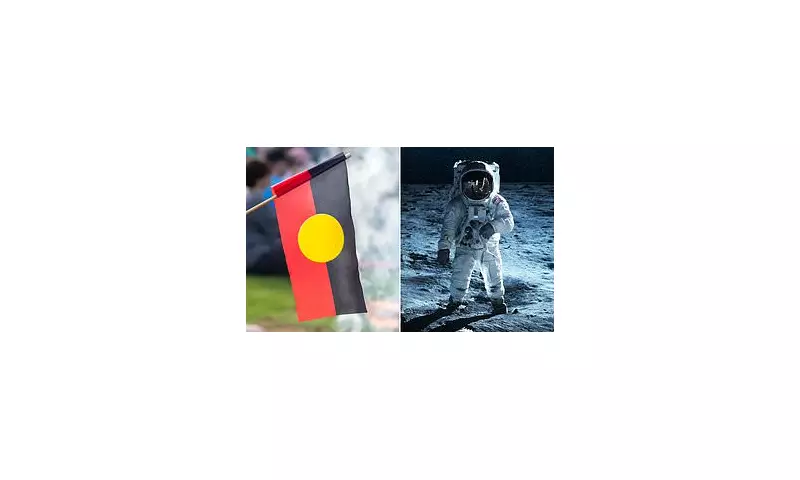
Indigenous Wisdom Meets Space Exploration in Groundbreaking Australian Project
The Australian government has allocated $528,491 (£415,000) to a pioneering university project that aims to integrate Aboriginal and Torres Strait Islander knowledge systems into the nation's space policy framework.
This funding forms part of the Australian Research Council's $103 million Discovery programme specifically designed to support early-career researchers. The initiative has sparked both excitement and controversy as it seeks to bridge ancient cultural wisdom with contemporary space science.
Bridging Cultural Heritage and Cosmic Exploration
Dr Lara Daley, a research fellow at the University of Newcastle, will lead the ambitious study that promises to "broaden Australia's understanding of space" by acknowledging long-held Indigenous knowledge systems. The project's significance lies in its potential to influence sustainable human activity beyond Earth's atmosphere.
According to the university's official statement released on Wednesday, the research will be "guided by Yolngu and Gumbaynggirr Custodians" to help shape "culturally respectful and environmentally responsible space exploration."
The methodology involves learning from songlines, creation stories, and deep cultural connections between Indigenous communities and what they term "sky Country." This approach will ultimately produce intercultural guidelines intended to inform space policy, public education initiatives, and industry practices.
Public Reaction and Funding Questions
Despite the project's innovative nature, it has faced scrutiny from some Australians questioning the substantial investment. Online commentators have described the funding amount as "unbelievable" while others have raised concerns about practical benefits for Indigenous communities.
"How does this improve the lives of Indigenous communities?" one critic questioned online, while another suggested "the Indigenous community could have put this to a better project or use if they were aware of it."
The National Museum of Australia provides context for understanding Indigenous astronomical perspectives, noting that the dark spaces between stars hold equal importance to the stars themselves in traditional knowledge systems. These celestial patterns indicate seasonal changes, tidal movements, and food availability, maintaining relevance despite technological advances in space understanding.
Other Notable Projects in the Funding Round
Dr Daley's project represents just one of 200 government-funded research initiatives receiving support through the ARC Discovery programme. Several other studies taking unconventional approaches have also secured substantial funding:
University of Melbourne received $530,079 to investigate whether artificial intelligence and robots can deliver believable comedy performances. Dr Robert Walton's research aims to address significant gaps in understanding machine capabilities and human-robot interaction.
Monash University secured two major grants: Dr Emily van der Nagel was awarded $525,650 to map social, ethical and regulatory challenges in Australia's emerging social media pornography industry, while Dr Blair Williams received $528,288 to explore how Australian women's magazines shape political discourse.
Infrastructure-focused research also featured prominently, with the Australian National University obtaining $507,308 to study how plants sense drought using specialised protein sensors. This research could lead to engineering climate-smart crops with enhanced drought resilience.
Additionally, RMIT University researcher Mohammad Saberian Boroujeni will use $514,678 to investigate how food waste can be repurposed to create next-generation road construction materials.
The diversity of funded projects demonstrates the Australian government's commitment to supporting innovative research across multiple disciplines, though the Indigenous knowledge space policy initiative has undoubtedly generated the most significant public discussion.





